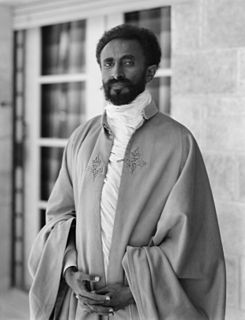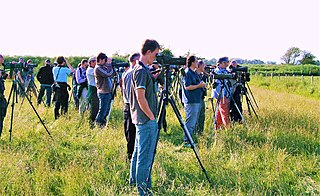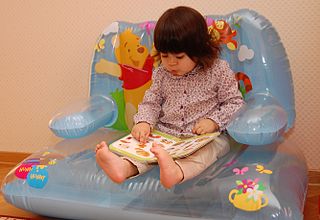 W
WRegional vocabulary within American English varies. Below is a list of lexical differences in vocabulary that are generally associated with a region. A term featured on a list may or may not be found throughout the region concerned, and may or may not be recognized by speakers outside that region. Some terms appear on more than one list.
 W
WIyaric, also called Dread Talk, is a dialect of English consciously created by members of the Rastafari movement. African languages were lost among Africans when they were taken into captivity as part of the slave trade, and adherents of Rastafari teachings believe that English is an imposed colonial language. Their remedy for this situation has been the creation of a modified vocabulary and dialect, reflecting a desire to take language forward and to confront what they see as the confusion of a corrupt and decadent society they call "Babylon". This is accomplished by avoiding sounds and words with negative connotations, such as "back", and changing them to positive ones. Iyaric sometimes also plays a liturgical role among Rastas, in addition to Amharic and Ge'ez.
 W
WMost of the Portuguese vocabulary comes from Latin because Portuguese is a Romance language.
 W
WA semantic lexicon is a digital dictionary of words labeled with semantic classes so associations can be drawn between words that have not previously been encountered. Semantic lexicons are built upon semantic networks, which represent the semantic relations between words. The difference between a semantic lexicon and a semantic network is that a semantic lexicon has definitions for each word, or a "gloss".
 W
WThis article delves into the lexicon or vocabulary of Singlish, an English-based creole language and accent originating from Singapore. The term Singlish is a blend of Singaporean slang and English and was first recorded in the early 1970s. English is one of Singapore's official languages, along with Mandarin, Malay and Tamil. Although English is the lexifier language, Singlish has its unique slang and syntax, which are more pronounced in informal speech.
 W
WTwitchers' vocabulary is the set of jargon words used by twitchers. Some terms may be specific to regional birding communities, and not all are used due to dialectic and cultural differences.
 W
WVocabulary development is a process by which people acquire words. Babbling shifts towards meaningful speech as infants grow and produce their first words around the age of one year. In early word learning, infants build their vocabulary slowly. By the age of 18 months, infants can typically produce about 50 words and begin to make word combinations.